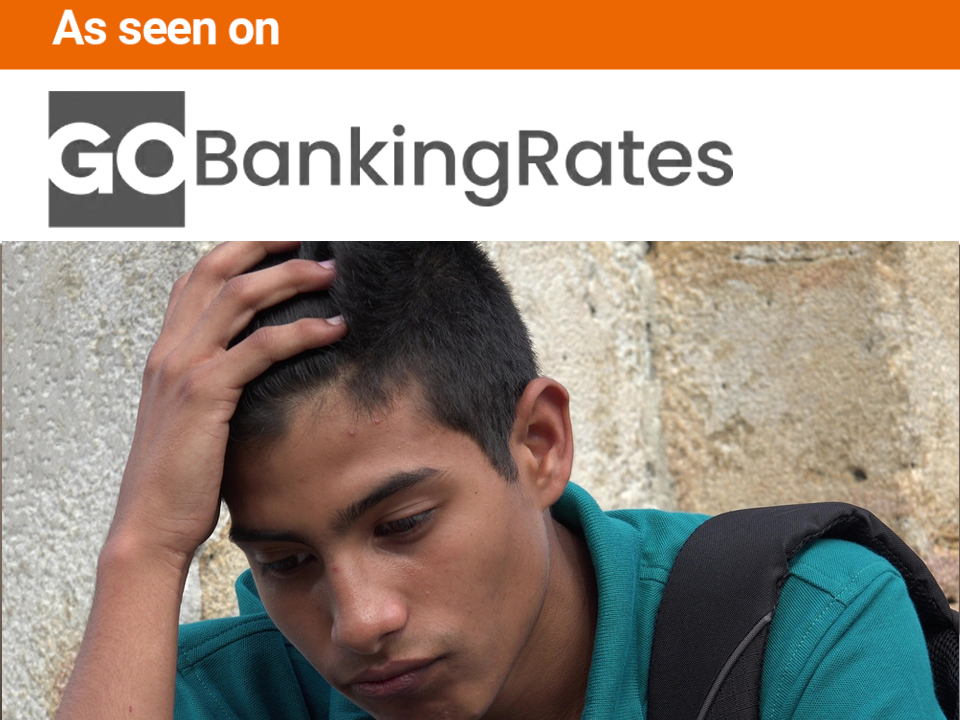
FAFSA Delays Don’t Have To Mean Rushed Decisions
April 1, 2024
College Money Matters May 2024 Newsletter
May 5, 2024College-Bound Students in Limbo as Federal Aid Delays Cause Havoc
By Barbara Kay | April 24, 2024
As seen on the Examiner News

Due to miscalculations by the U.S. Department of Education (DOE), the agency has had to delay sending students their Free Application for Federal Student Aid (FAFSA) packages until next month, well past most college’s decision dates.
The delay is affecting students from coast to coast who are planning to enter college next fall.
“It’s affecting hundreds of thousands of students, it’s hard to speculate how many but anyone who is applying for aid,” said Neal Schwartz, the director of the Armonk-based College Planning of Westchester. “If they don’t know what they’re going to be able to get from a financial perspective, how can they possibly make a decision on schools?”
The DOE announced on Mar. 22 that there were errors in the student aid index and that any applications submitted before Mar. 21 would have to be reprocessed.
The federal Student Aid Office released an update on Apr. 9 concerning FAFSA’s arrival, and reported that 30 percent of applications have been potentially “affected by known processing or data errors,” the office’s website stated.
Typically, an estimated 18 million forms are submitted for student aid. This year, though, only 7.7 million have been filed, according to a report in The Hill, with 1.2 million of those in need of corrections from students or contributors, mainly needing signatures or permission to receive tax data from the IRS,” reported The Hill.
Another 700,000 FAFSA forms have errors due to incorrect computing of contributions from assets, according to the published report, and 1.2 million applications were processed with incorrect tax data.
Schwartz urged students to scrutinize and verify their awarded aid, as “if it doesn’t seem like it’s right, it’s possible it’s not.”
Local colleges, such as Pace University, needed to make adjustments in order to maintain enrollment numbers. The university is offering an extension for $1,500 that is awarded to students who complete their FAFSA application.
Originally, the scholarship application deadline was Feb. 15, but Pace extended its deadline first to March, and then to April, according to Pace President Marvin Krislov.
With National College Decision Day quickly approaching on May 1, students and their families are trying to make a decision while missing a key piece of information.
“Typically (decisions are) required by May 1, but some schools are saying they’ll move the date to something like May 15; other schools say they’re holding the date,” Schwartz said. “If the schools haven’t already (granted) an extension, (students should) ask for an extension. The schools are totally understanding of the situation, it’s out of their control and they’re frustrated and want to get the best students possible.”
Western Connecticut State University (WCSU) has extended its decision date to June 1.
“WCSU has begun to receive processed FAFSA applications and is working diligently to prepare your financial aid package. We anticipate award offers being sent by the end of April,” stated Jay Murray, the university’s vice president of enrollment management and student affairs.
The university is urging students to complete their FAFSA applications if they haven’t already, and to make any necessary corrections. They also took students who aren’t eligible for FAFSA into account, saying there may be other applications and resources available, such as grants and merit-based scholarships.
SUNY Purchase has extended its decision deadline to June 1 as well because of the confusion. Many of the applicants are first-generation college students, according to Caitlin Read, Purchase’s dean of enrollment management.
Purchase recently had its annual Accepted Students Day, where prospective students and their families were welcomed to campus before making a final decision.
“We are hearing from many students and their families that the delay in receiving financial aid has impacted their decision-making timeline,” Read responded in an e-mail. “We are working with families to encourage them to submit FAFSAs and answer their questions along the way. Our Office of Student Financial Services was open during Accepted Students’ Day, allowing many students and families to connect with staff members.”
College Money Matters, a nonprofit organization that assists high school students with college and university financing, is suggesting that high school seniors take advantage of the delay and ask what the colleges they’ve applied to can do for them outside of loans. Students should also investigate what potential loans might mean for their future finances.
“This time is best used to objectively evaluate each school on the basis of how well they serve the student’s future – as opposed to how much aid they may offer in student loans,” said Nancy Goodman, the founder of College Money Matters.
“I’m suggesting (students) go on one of the many computational sites (and calculate) what a loan you take for 10 years and at this interest rate is going to cost you,” Goodman said. “How much more is it going to cost you and what will your monthly payment be? Just do the math. Bring this number down to a place that you can actually grasp and what it’ll mean to you.”




